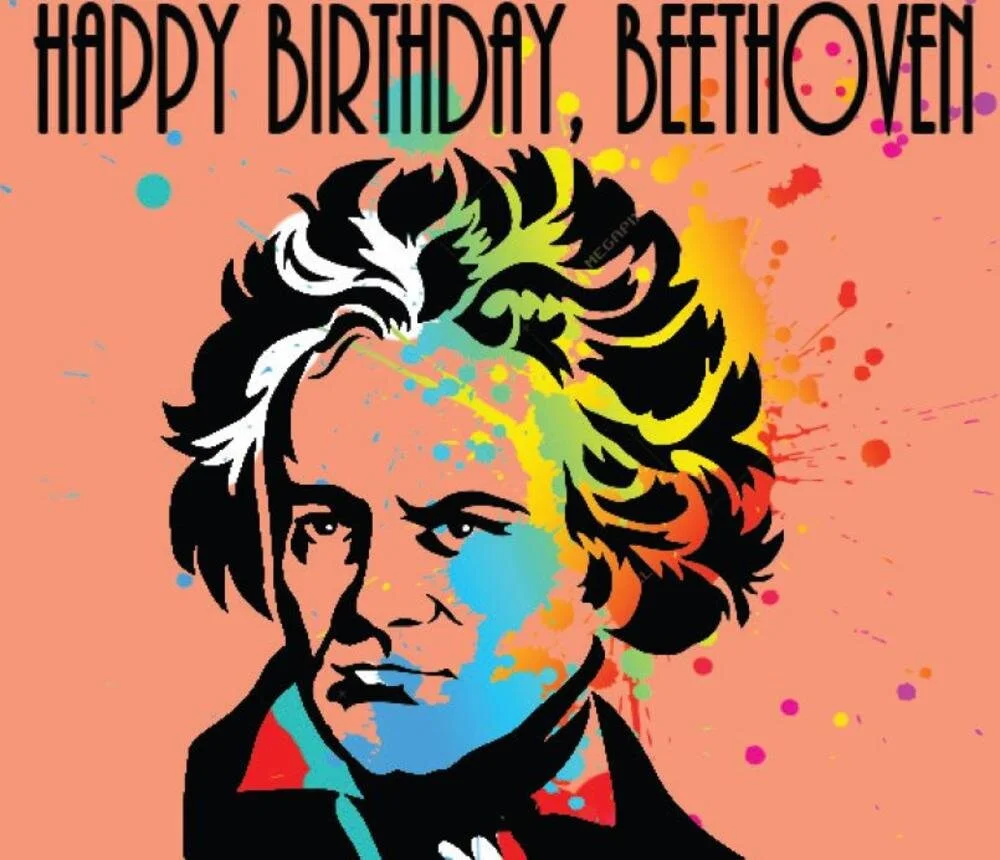The Secret Jewish History of Ludwig Van Beethoven
/By Seth Rogovoy / FORWARD
12/15/2019
When you are 250 years old and world famous, you don’t have to wait until your birthday comes around to celebrate. Nor does the rest of the world. Which is why the celebration of a quarter of a millennium since Ludwig van Beethoven’s birth begins this December 16 (or 17; the date is a little fuzzy) and runs for an entire year until the clock hits 250 in December 2020.
Widely regarded as one of if not the greatest classical composers of all time, Beethoven was born into a family of musicians: his grandfather sang bass and was a “kapellmeister,” or bandleader, and his father sang tenor and taught keyboard and violin. Much like an old-world klezmer, Beethoven went into the family business at a very young age, showing startling promise on his first instrument, piano, before learning viola and violin and the art of composing.
Beethoven was born and raised in Bonn, Germany, and his musical career played out in Vienna, the cultural capital of Europe at the time. That career – noteworthy for his nine symphonies, five piano concertos, and sixteen string quartets – boasted a few significant Jewish episodes, including one composition based on a Jewish melody and another on the work of a Jewish poet. Another of Beethoven’s works led to the creation of one of the most universal Yiddish poems of all time.
Beethoven’s “An die ferne Geliebte” (To the distant beloved), Op. 98, written in April 1816, was the first significant example of a song cycle by a major classical composer, and the only one he ever attempted. A song cycle, or liederkreis in German, is a selection of individual songs that are meant to be performed in a particular sequence, with the whole then taking on greater meaning than the sum of its parts. Think of it as the original playlist. Schubert, deeply influenced by Beethoven, became the composer to work in this idiom to greatest effect.
While it’s not known how Beethoven came to know his work, Alois Isidor Jeitteles provided the texts to the songs. Jeitteles was from a prominent Bohemian-Jewish family in Prague, where his ancestors included the city’s chief Jewish physician and rabbinical scholars. While Jeitteles undoubtedly made his parents proud by becoming a doctor, he was always drawn to the literary arts, and he worked as a translator, playwright, and poet, and with his cousin, Ignaz Jeitteles, he edited the Jewish weekly Siona. As was the fashion of the time, Jeitteles’s lyrics to the song cycle were pastoral love poems.

